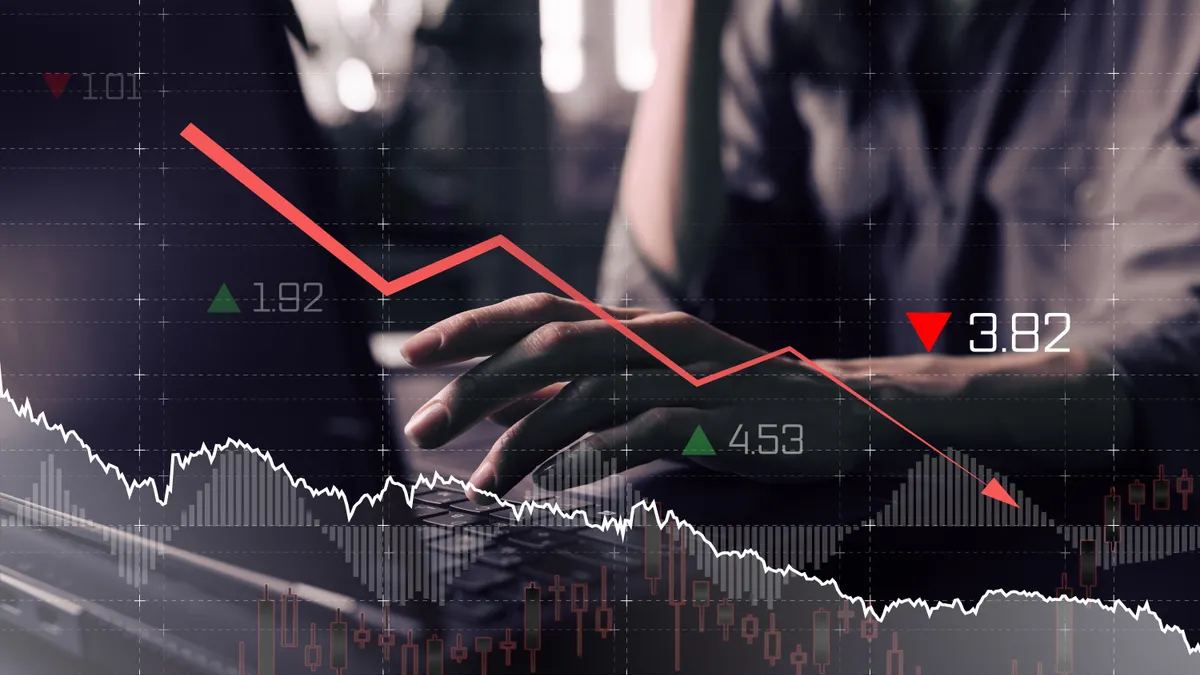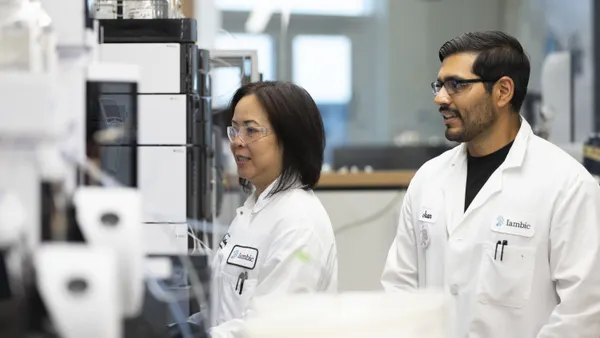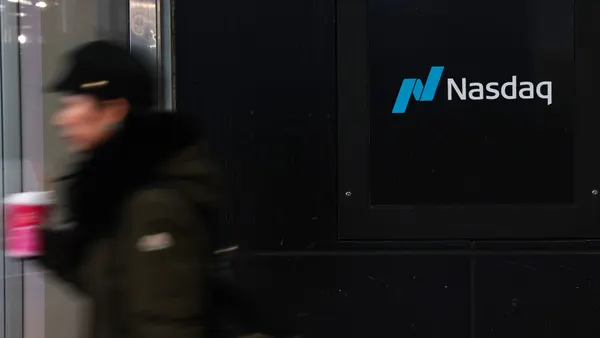Four years ago, a record number of biotechnology companies flooded public markets, capitalizing on investor interest in drugmakers amid the COVID-19 pandemic.
Since then, though, many of those once high-flying biotechs have failed to meet expectations, leaving scores of them worth less than the cash in their bank accounts.
Historically, struggling biotechs would attempt to pivot, staking their future on a different strategy, a sale, or even a merger with a privately held firm. But recently, frustrated investors are pressing these “zombie” biotechs to shut down and return cash to shareholders instead.
This pressure has created an investment opportunity for an unlikely beneficiary. Over the last year or so, Xoma Royalty, a company known for betting on others’ future drug revenues, has started winding down distressed biotechs. Through those deals, Xoma returns cash to shareholders waiting for a payout, and profits by selling the rest of a shuttering biotech's intellectual property.
“We’re creating a small brand for ourselves as someone that wants to do the right thing for A, our partners, and B, the biotech ecosystem,” said Owen Hughes, Xoma’s CEO.
Xoma was once a traditional biotech company that developed and licensed out drugs. But in 2017, it changed course to become an aggregator of drug royalties. Since adopting that strategy, Xoma has acquired royalty rights to six drugs now on the market, among them Roche’s fast-selling eye drug Vabysmo. Others it has a stake in are advancing through clinical testing.
Recently, Xoma noticed the many firms that went public several years ago, but have since fallen on hard times, said Brad Sitko, the firm’s chief investment officer. “Those companies are now maturing to the point where they have negative data and are deciding not to exist,” he said. “They’re trying to figure out how to get capital back to shareholders.”
Xoma decided to step in, viewing the glut of biotechs worth less than their cash reserves — one firm in April estimated there to be nearly 300 — as a way to diversify and boost its own balance sheet. In 2024, it cut deals to acquire and liquidate Kinnate Biopharma and Pulmokine. Then between June and August, it scooped up Turnstone Biologics, Mural Oncology, HilleVax and Lava Therapeutics. Xoma also backed a deal that XenoTherapeutics, a nonprofit, struck for Essa Pharma.
These deals reflect both biotech’s difficult fundraising climate and public investors’ willingness to challenge the boards of struggling drugmakers. Several biotech companies, such as Acelyrin, Essa, Keros Therapeutics and Pliant Therapeutics, have faced shareholder pressure or outright calls to liquidate instead of pursuing mergers. Some, like iTeos Therapeutics and Third Harmonic Bio, have done so.
In the past, biotech boards rarely discussed liquidations as a "bona fide path forward,” but that's changing now, according to Eason Hahm, a director at investment bank William Blair.
“Boards and investors [are] saying, ‘Look, I think I can make the decision better on where that capital would be best used, perhaps better than just rolling it into another company,” she said.
Xoma isn’t alone. Some investment firms, like KKR and OrbiMed, are providing creative ways to finance companies that might have a tougher time raising cash through public stock sales. Others, like hedge fund Tang Capital Partners and investment fund Alis Biosciences, are joining Xoma in pursuing buy-and-liquidate deals. Tang, through its acquisition vehicle Concentra Biosciences, has been particularly active, buying out Cargo Therapeutics, Elevation Oncology and Kronos Bio, among others.
An analysis by William Blair of the six buy-and-liquidate deals in the second quarter of 2025 found $1.5 billion in combined net cash on the sellers’ balance sheets.
“We’ve seen the rate of these types of deals accelerate in 2025 primarily because we came to a crossroads in biotech where it continued to be a difficult fundraising market, and there was a stronger call from investors to return that capital,” Hahm said.
Some of the pressure can be attributed to the limited partners that back venture firms. "They get very frustrated when the VCs don't send any money back,” said Chris Garabedian, chairman and CEO of biotech company creator Xontogeny and portfolio manager of the Perceptive Xontogeny Venture Fund.
“‘We committed $30 million to your fund, and we haven't even gotten one check back after five years?’” Garabedian said. “And so that’s where every VC is focused on: how do we exit?”
When firms like Xoma or Tang show they’re willing to make a liquidation offer, biotechs are pushed to be "more accountable" for their R&D spending, Cantor Fitzgerald analysts wrote in a February note. Should they succeed, investors can redirect their freed cash to other biotechs, they said.
"Most would say that would be a good thing," Garabedian said. “The problem is the board of directors, the management teams, are usually [concerned] about survival. They're the last ones that want to see something shut down [because] they lose their jobs."
Xoma sees the deals it’s striking as a short-term, but critical service that should help the biotech sector regain its footing. Returns on many IPOs have been poor, and illustrate how biotechs need to be more efficient with their cash, Hughes said.
“We will rebound. We always have,” Hughes said. “But we, as an industry, need to do certain things in order to actually invite the capital back.”
“Acquiring these companies,” he added, “is just one of many things that need to be done.”
Editor’s note: This story has been updated to clarify Eason Hahm’s title.



















